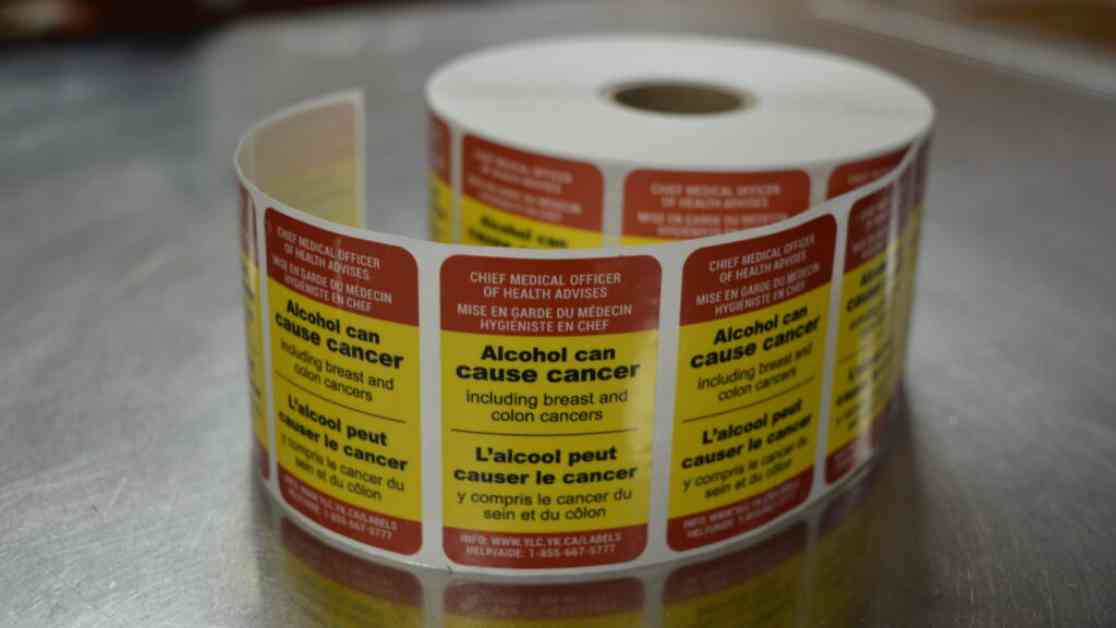Today, we have some interesting health news to share with you. The Food and Drug Administration recently approved a new epinephrine nasal spray called neffy for treating anaphylaxis, a severe allergic reaction. Neffy is a needle-free alternative to the EpiPen and may be more affordable, with a two-pack costing no more than $199. This new nasal spray is a breakthrough in allergy treatment and offers a convenient option for both adults and children over 66 pounds.
In other health news, the CDC has issued a new risk assessment for the H5N1 bird flu virus, which is circulating in dairy cows. While the risk of this virus causing a pandemic is still considered moderate, it is essential to monitor the situation closely. The CDC is using its influenza risk assessment tool to evaluate the potential threat of the virus and prioritize pandemic preparedness efforts.
Berkeley, California, has implemented a “healthy checkout policy” to promote healthier food choices at the checkout aisle. This policy restricts the display of high-sugar and high-sodium products near the register and encourages the sale of nutritious items like fruits, vegetables, nuts, and yogurt. A recent study showed that this policy has increased the availability of healthy food options at checkout areas, highlighting the effectiveness of such initiatives in promoting better eating habits.
Additionally, there is a growing interest in improving alcohol warning labels to inform consumers about the health risks of alcohol consumption. While most alcohol products are not regulated by health agencies, there is a push to introduce more prominent warning labels similar to those used in Canada. These labels have been shown to influence consumer behavior and may help raise awareness about the potential health consequences of alcohol consumption.
As we enter the summer months, it is essential to be vigilant about rabies, especially in outdoor settings. The risk of rabies exposure increases during this time, and it is crucial to vaccinate pets and take precautions to prevent the spread of the disease. Rabies remains a significant public health concern, but efforts to control the disease have been effective in preventing human cases in recent years.
Lastly, new research has shed light on the process of collecting stem cells for bone marrow transplants. The study found that certain cells with macrophage markers resist entering the bloodstream, making it challenging to collect enough stem cells for transplantation. Understanding this process could lead to the development of more effective methods for stem cell collection, improving the success rate of bone marrow transplants.
Overall, these updates highlight the importance of staying informed about health issues and making conscious choices to promote a healthier lifestyle. By monitoring developments in healthcare and supporting initiatives that prioritize public health, we can work towards a better and more sustainable future for all.


















